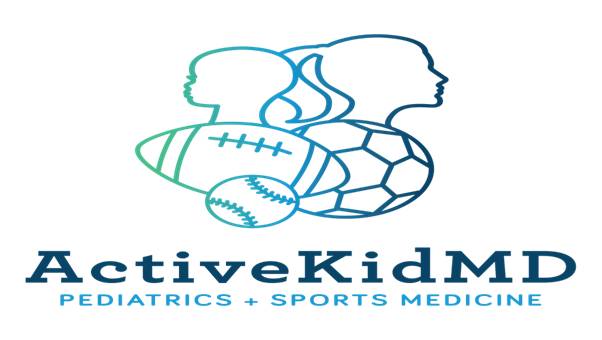What is Role of Iron Supplementation in Non-Anemic Endurance Athletes?
It is relatively common to have young endurance athletes come into my office requesting lab work to check for anemia (low red cell counts) and iron stores in hopes of finding a relatively straight-forward treatment for fatigue or low performance. While the prevailing trends in the sports medicine literature are more in favor of iron supplementation, I must also bear caution that iron treatments alone are not a "magic bullet" and that more specific review of training regime, diet, and sleep patterns is absolutely essential.
There is no doubt that endurance athletes are at particular risk for anemia, Potential exercise-related causes include iron losses through sweat, stool and urine along with breakdown of red cells with foot impact against the ground in running. Concerns about the role of chronic training-related inflammation reducing general body iron absorption and recycling and a diet deficient in adequate iron intake may also compound the issue.
We may also hold a higher expectation for red cell count numbers in endurance athletes, and this bias creates more findings of relative anemia. Red cell levels that are in the low normal range may be fine for the less active or couch potatoes of the world, but may not be as acceptable for a higher level runner, swimmer or cyclist.
Over the past 5-10 years, I have definitely seen a movement among athletes, coaches and sports medicine experts to be more apt to recommend iron supplementation for endurance athletes who have low iron stores but who are not be anemic (have low red cell counts). Prior to that time, the prevailing thought was to favor iron treatments only for those athletes who were both anemic and having lower iron stores. The results of a recent meta-analysis in the British Journal of Sports Medicine lend additional support that iron supplementation for low iron stores without frank anemia can improve iron status and aerobic capacity.
Interesting points discussed in the article that may further influence treatment recommendations include:
- Selecting appropriate markers to measure iron status- serum ferritin (measure of body iron stores) can vary from day-to-day and in combination with iron saturation studies, both tests may not be adequate to reflect whole body iron status. Use of soluble transferrin receptor studies may be more accurate, though variations in lab techniques may limit comparisons of findings over time.
- Higher doses of iron supplementation over a shorter period of time were suggested to be more effective than smaller doses over longer periods with effect on iron stores to be diminished with a treatment period over 80 days.
- Optimal dosing amounts, protocols, and routes (oral versus injected) require more study.
- Female endurance athletes may respond differently to treatment, most likely due to menstrual cycle variations on hormonal levels that may influence iron absorption.
While this information adds significant value to the measurement and treatment of iron issues in endurance athletes, it is crucial to recognize that focusing on iron alone is grossly simplistic and insufficient when evaluating performance issues in endurance athletes.
A comprehensive review of diet may reveal insufficient overall caloric intake as high level athletes often suffer from relative energy availability issues where training related caloric demands may not be met by food intake. I have often found that lower calorie diets often have low intake high protein foods such as meat. poultry, fish, and dairy sources that not only reduce intake of high level, easily absorbed iron sources (red meat, red fish, dark poultry, veal) but also essential calcium (dairy) and the protein stores needed for muscle growth and recovery (especially if ingested within 30 minutes after exercise).
Diet choices that help reduce inflammation can not only aid in absorption of essential nutritional elements, but also minimize joint stiffness, muscle soreness, and reduction in mental sharpness, Less processed foods, lower carbohydrate diets, and diets rich in items such as berries and cherries, fish and fish oils, and spices such as tumeric and ginger are recommended as part of an anti-inflammatory diet.
Inadequate sleep can also lead to inadequate performance. Emerging evidence suggests that a minimum of 8.5 hours a day (can include a short nap of no more than an hour) can reduce risk of injury, illness, and may also contribute to enhanced academic and athletic performance. Sleep is part of the overall recovery process that must be integrated into a thoughtful training program that feature adequate rest days and alternating periods of heavier and easier training that may have to be individualized for each athlete.
Fatigue and under-performance are common concerns in the endurance athletes and human nature often leads us to find convenient remedies. Findings that support iron supplementation in non-anemic athletes give some evidence-based measures of optimism, but must be tempered with the reality that more comprehensive evaluation is necessary to provide optimal outcomes. Seeking counsel from a sports medicine expert versed in training and performance concerns of endurance athletes is a sensible and often very productive step in enhancing overall health.


